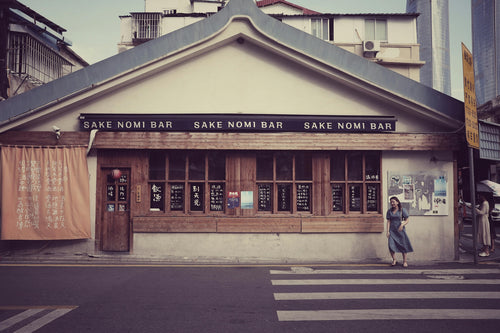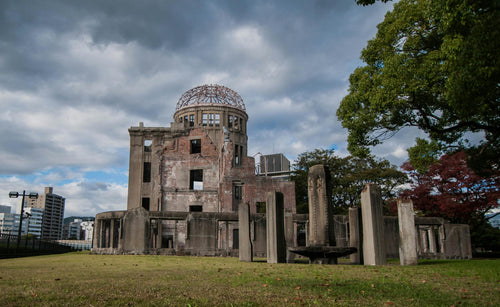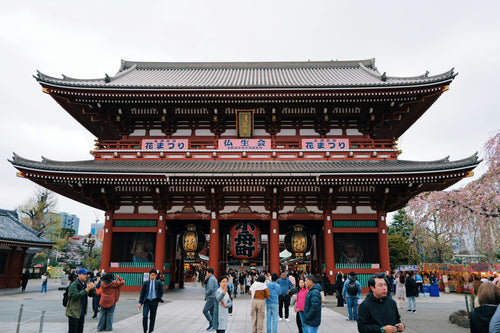
Essential Documents for Japan Travel
Traveling to Japan is a dream for many, offering experiences from rich historical landmarks and unique culinary adventures to cutting-edge technology. To make the most of your trip, it’s crucial to ensure you have all the necessary documents ready for a smooth journey. This guide covers the essential documents needed for travel to Japan, detailing entry requirements, helpful paperwork, and tips to keep your trip stress-free.
Contents
3. Flight Tickets and Travel Itinerary
4. Hotel Bookings and Accommodation Details
5. Japan Rail Pass and Transport Cards
6. Health Insurance and COVID-19 Requirements
1. Passport
A valid passport is the most essential document for international travel to Japan. Your passport must be valid for the duration of your stay, although it’s recommended to have at least six months of validity remaining to avoid any potential issues. Ensure your passport has at least one blank page for entry and exit stamps. It’s also wise to make photocopies of your passport or keep digital copies as a backup in case of loss or theft.
2. Visa
Many nationalities can enter Japan visa-free for short stays, typically up to 90 days for tourism purposes. However, visa requirements vary depending on your nationality, the purpose of your visit, and the length of your stay. Before traveling, check Japan’s visa requirements for your country on the official Japanese government or embassy website. If you require a visa, ensure you complete the necessary application forms and have all required documents, such as passport photos and an invitation letter if applicable.
3. Flight Tickets and Travel Itinerary
While Japan generally does not require proof of onward travel, having your flight tickets and a detailed travel itinerary can streamline your entry process and provide peace of mind. Make sure to carry a copy of your return or onward flight details. A detailed itinerary can also be helpful for organizing your trip and sharing with friends or family back home in case of emergencies.
4. Hotel Bookings and Accommodation Details
It’s a good idea to have your accommodation details readily available, including hotel addresses and booking confirmations. Japan’s immigration may ask for an address where you’ll be staying, so having these details handy can help speed up the process. Many travelers also print their accommodation information or save it digitally for convenience. If you’re staying at multiple locations, keep a list of all accommodations to avoid any confusion during your travels.
5. Japan Rail Pass and Transport Cards
The Japan Rail Pass is an excellent option for travelers planning to explore multiple regions, offering unlimited travel on JR trains for a fixed period. Purchase the pass online before arriving in Japan, as it’s often only available to foreign tourists. Once you’re in Japan, you’ll exchange your voucher at designated JR offices. Additionally, consider obtaining a prepaid transportation card, such as a Suica or Pasmo card, which can be used on trains, buses, and even some convenience stores. These cards offer convenience and save time during your trip.
6. Health Insurance and COVID-19 Requirements
Travel health insurance is essential when traveling to Japan, as medical expenses can be high. Check if your current insurance covers international travel or purchase a policy that includes medical coverage, emergency evacuation, and trip cancellation protection. As COVID-19 protocols may change, verify any entry requirements related to health documentation, such as vaccination proof or a negative test result. Carry physical or digital copies of health-related documents to ensure a smooth entry process.
7. Currency and Payment Cards
Japan is largely a cash-based society, so having Japanese yen on hand is recommended, especially for smaller businesses and rural areas. It’s wise to exchange some money before arrival or withdraw from ATMs in Japan, which can be found at airports and convenience stores. Also, bring an international debit or credit card, ideally one with no foreign transaction fees. Notify your bank of your travel dates to avoid any issues with card usage abroad.
8. Emergency Contacts and Embassy Information
In case of emergencies, it’s essential to have a list of contacts, including family or friends, as well as the contact information for your country’s embassy or consulate in Japan. Embassy assistance may be invaluable if you lose your passport or face legal issues. Also, note the emergency numbers for Japan: 110 for police and 119 for fire and medical services. Keeping a printed or digital list of emergency contacts will help ensure you’re prepared for any unexpected situations.
9. Helpful Apps and Travel Resources
Equipping your phone with a few essential apps can enhance your travel experience in Japan. Consider downloading navigation apps such as Google Maps or Japan Transit Planner for accurate directions and train schedules. Other useful apps include Google Translate for language assistance and currency converters to help with yen exchanges. Many travelers also find the Japan Official Travel App useful for local tips and updates on attractions, events, and safety alerts.
Being well-prepared with these essential documents and resources will ensure a smooth and enjoyable trip to Japan. By organizing your paperwork, confirming your visa requirements, and understanding health and safety protocols, you can focus on making the most of your journey. Japan awaits with its incredible culture, landscapes, and unforgettable experiences, ready to be explored by well-prepared travelers.
分享
You may also like
-

東京 7 家最佳日本清酒酒吧
東京擁有日本最好的清酒酒吧,為當地人和遊客提供探索日本清酒豐富風味和傳統的機會。從專門提供稀有啤酒的小型隱密酒吧到提供豐富清酒單的時尚場所,東京的清酒場景適合每個人。以下是東京七家最好的清酒酒吧的指南,每家清酒酒吧都有自己獨特的氛圍和...
-

聯合國教科文組織世界遺產日本旅遊指南
日本擁有許多聯合國教科文組織世界遺產,每個組織都可以讓您一窺該國豐富的文化遺產和自然美景。這些遺址,從古老的寺廟、歷史悠久的城堡到風景優美的風景,體現了日本的歷史意義和對大自然的敬畏。參觀這些遺址不僅可以讓遊客欣賞日本的建築和精神歷史...
-

什麼是清酒?其製作方法及歷史
清酒是一種由發酵米製成的傳統日本酒精飲料。它在日本已有一千多年的歷史,並因其獨特的風味和文化意義而在全世界流行。在本文中,我們將探討清酒是什麼、它是如何釀造的,以及這種深受喜愛的飲料背後的迷人歷史。 本指南將帶您了解清酒的基本面,...
-

東京附近 15 處著名的寺廟和神社
東京及其周邊地區擁有許多著名的寺廟和神社,展示了日本豐富的精神和文化遺產。這些聖地通常坐落在寧靜的環境中,提供遠離喧囂城市的寧靜場所。無論您是尋求建築之美、歷史氣息,還是寧靜的反思之地,這些寺廟和神社都是必遊之地。以下是東京附近 15...




